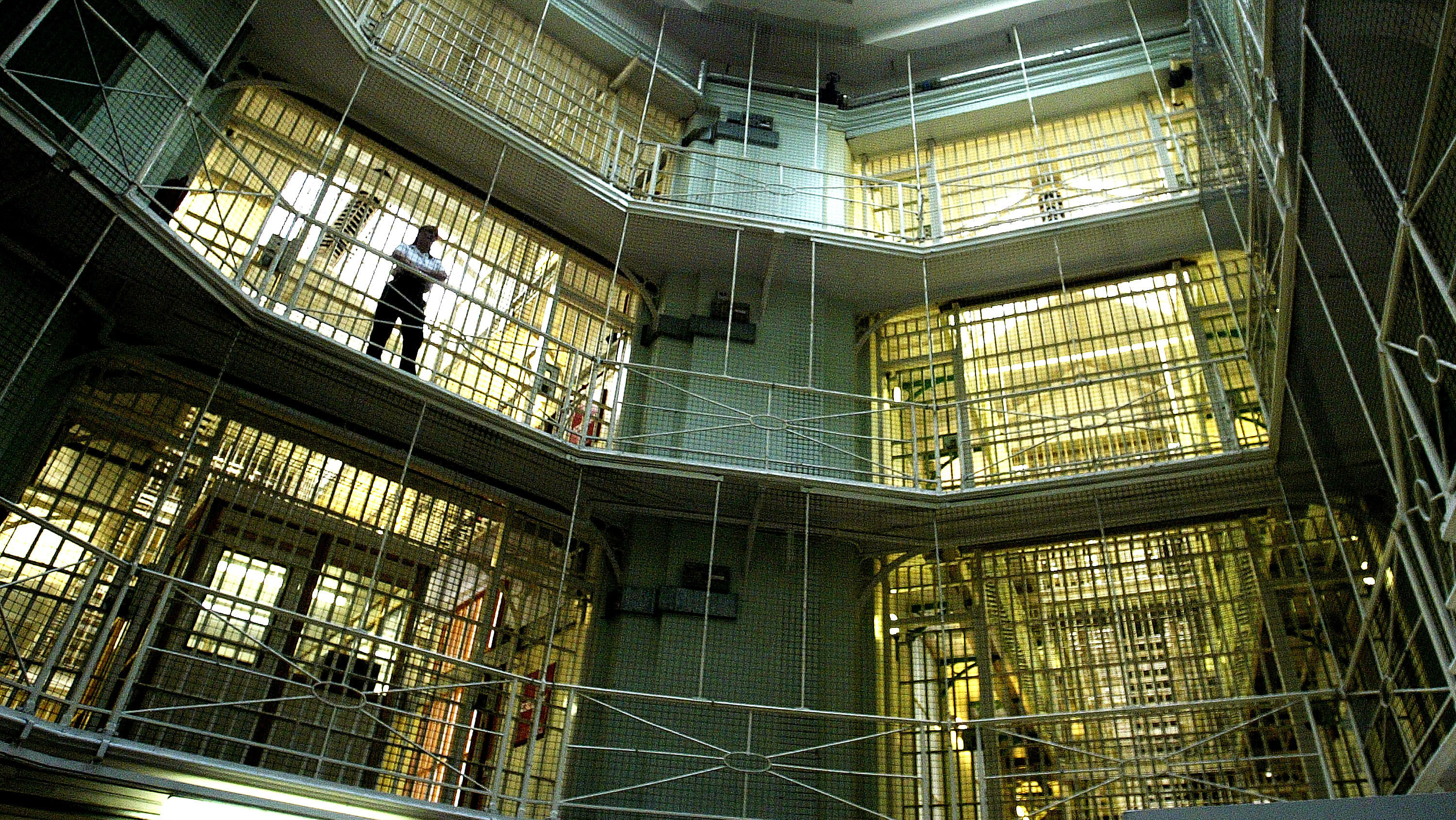Six surprising crimes that will get you arrested abroad
Why you can't joke about the king's dog in Thailand – nor own a permanent marker in parts of the US

A free daily email with the biggest news stories of the day – and the best features from TheWeek.com
You are now subscribed
Your newsletter sign-up was successful
There are a bewildering number of ways to be arrested worldwide. Here are a few things to avoid while travelling.
Joking about royal pets in Thailand
Thanakorn Siripaiboon, from Thailand, was fined 500,000 baht (£11,000) and sentenced to 86 days in prison earlier this year for writing a sarcastic post on Facebook about the late king Bhumibol Adulyadej's dog, says Forbes magazine. Thailand's "lese-majeste" laws make it illegal to criticise the royal family and are taken very seriously - tour operator Pongsak Sriboonpeng was sentenced to 30 years in prison last year for six critical Facebook posts, although his sentence was later halved.
The Week
Escape your echo chamber. Get the facts behind the news, plus analysis from multiple perspectives.

Sign up for The Week's Free Newsletters
From our morning news briefing to a weekly Good News Newsletter, get the best of The Week delivered directly to your inbox.
From our morning news briefing to a weekly Good News Newsletter, get the best of The Week delivered directly to your inbox.
Cross-dressing in the UAE
Many activities deemed normal in the west are criminal in the United Arab Emirates - and dressing in clothes traditionally associated with the opposite gender is one of them. In 2012, an Indian national was arrested for entering a ladies-only park dressed in an abaya and headscarf, the Daily Mail reported.It is also illegal in the UAE for an unmarried couple to be alone together in public "or in suspicious times or circumstances", says the newspaper.
Earlier this month, a British woman was charged with adultery after she reported an alleged gang rape. The charge was later dropped, but not before she had spent a gruelling five days behind bars.
Baring your buttocks in Australia
A free daily email with the biggest news stories of the day – and the best features from TheWeek.com
In September, the Australian state of Victoria ruled it illegal to "moon" - bare your buttocks - in public. First-time offenders now face up to two months in jail, the BBC reported.The law was part of an attempt to bolster sexual offence legislation in the state after it was felt necessary to separate out pranks involving nudity from sexual exposure.
Owning a permanent marker in parts of the US
In several US states and cities, carrying or owning the means to make graffiti can be illegal. New York by-laws forbid taking a "broad-tipped indelible marker or etching acid into any public building", although it is illegal only if there is intent to vandalise.
In 2011, celebrated Los Angeles graffiti artist Smear - known to his mother as Cristian Gheorghiu - was arrested after a raid on his home uncovered several "vandalism tools": marker pens; stickers and poster and art prints, the LA Weekly reported. He was sentenced to 13 days in jail and 45 days of community service.
Saying the word 'Allah' if you're not Muslim in Malaysia
Christians cannot say "Allah", the Malay word for God, in Malaysia. Islam is the official religion of the country and all ethnically Malay citizens are considered Muslim, whether they want to be or not. However, the population is only 50.4 per cent Malay, with large ethnically Indian and Chinese minorities.In recent years, the country's rulers have adopted a strident tone of populist Islamism and a series of government orders and fatwas mean Christians now officially have no word for God in Malay, reports the New York Times.
Having the wrong tattoo in Sri Lanka
In 2014, a woman from Coventry was arrested in Sri Lanka because she had a tattoo of Buddha on her arm, reported the BBC.
Naomi Coleman was stopped at the airport when police noticed her body art. She was considered to have insulted the national religion by having its figurehead tattooed on her arm - even though she told police she was a practising Buddhist. Coleman was locked up for three nights and then flown back to London, preventing her from travelling on to the Maldives.